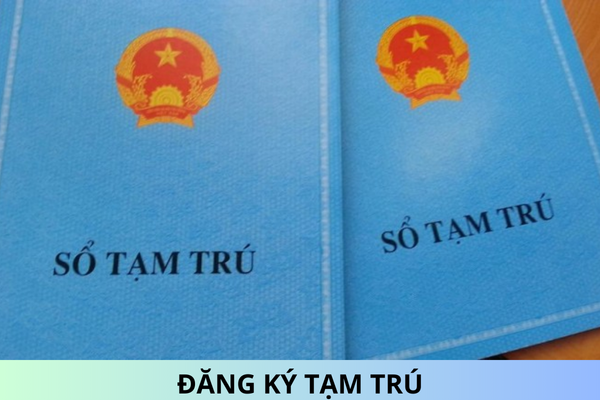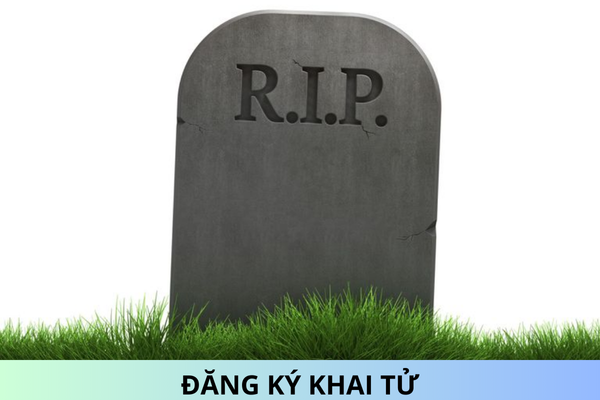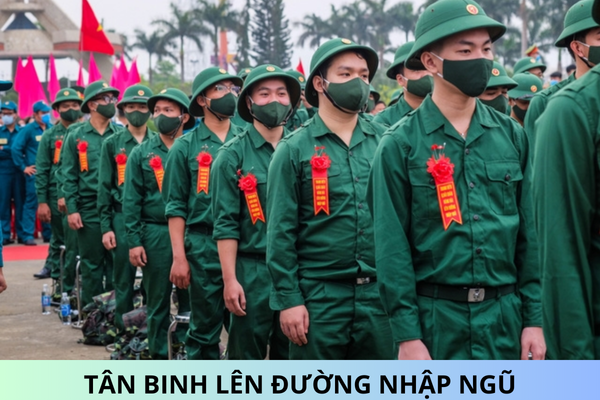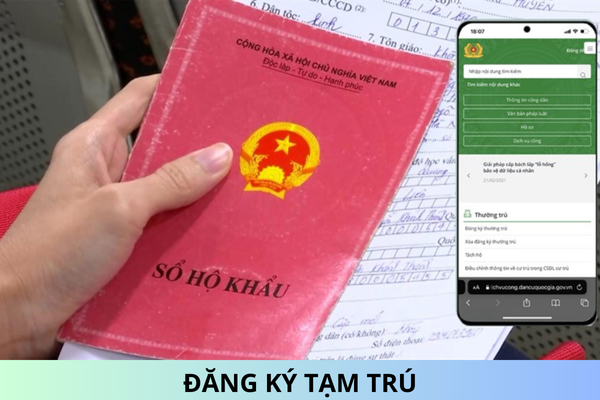Can I apply for a certificate of land use rights and ownership of houses and other land- attached assets when my land has a common passage in Vietnam? What are conditions for granting a certificate for a residential land without papers in Vietnam?
Can I apply for a certificate of land use rights and ownership of houses and other land- attached assets when my land has a common passage in Vietnam? What are conditions for granting a certificate for a residential land without papers in Vietnam? If the land use right transfer contract is not notarized, will I still be granted a certificate of land use rights and ownership of houses and other land- attached assets in Vietnam?
Can I apply for a certificate of land use rights and ownership of houses and other land- attached assets when my land has a common passage in Vietnam?
Currently I have a house in Tan Thuan Dong ward, District 7, HCMC. The house is located behind the house with front road, I entered my house by going through that house, because the previous house is my brother and sister. So can I apply for a certificate of land use rights and ownership of houses and other land- attached assets for my house when using the front passage?
Reply:
The right to pass through is implemented in accordance with Article 254 of the Civil Code 2015, specifically:
1. An owner of immoveable property which is surrounded by immoveable properties of other owners such that there is no exit has the right to request one of the owners of adjoining immoveable properties to provide it with a passage to a public road on their land.
The passage shall be opened in the adjoining immoveable property which is deemed to be the most convenient and reasonable, taking into consideration the special characteristics of the location, the interests of the immoveable property which does not have an exit, and what will cause the least damage to the immoveable property through which the passage is created.
The owner of the immovable property eligible for the passage must compensate for the obliged immovable property, unless otherwise agreed.
2. The location and the length, width and height of the passage shall be agreed by the owners in order to ensure convenient passage and minimize inconvenience to the parties. If there are any disputes regarding the passage, the parties may request the authorized State body to resolve.
3. Where immoveable property is divided into more than one portion for different owners or users, upon division, necessary passages must be provided, without compensation, to persons in the interior as provided in Clause 2 of this Article.
Thus, your family can agree on a passage with the landlord first and you must compensate the landlord a corresponding amount in advance if the two parties do not agree otherwise.
To apply for a land use right certificate, you need to meet the conditions in Article 100 of the 2013 Land Law in Vietnam. In which, you must meet some basic conditions such as: land has been used stably, has clear origin of use; undisputed land; in accordance with the approved master plans and plans on land use.

What are conditions for granting a certificate for a residential land without papers in Vietnam?
I currently live in An Cuu ward, Hue city. I lived for more than 50 years on the land given by my grandfather, but I have no record of the right to use this land. So I want to ask if I can make land use paper. If I can do it, what are procedures?
Reply:
According to the provisions of Article 101 of the 2013 Land Law:
Article 101. Grant of a certificate of land use rights and ownership of houses and other land- attached assets to households and individuals that are using land and have no documents on land use rights
1. Households and individuals using the land prior to the effective date of this Law and having none of documents prescribed in Article 100 of this Law that have a book of status of permanent residence in the locality and are directly engaged in agriculture, forestry, aquaculture or salt production in areas with difficult socio-economic conditions or especially difficult socio-economic conditions, and are certified by the commune-level People’s Committee that the land has been used stably and dispute-free, shall be granted a certificate of land use rights and ownership of houses and other land-attached assets without having to pay land use levy.
2. Households and individuals using land and having none of documents prescribed in Article 100 of this Law that have used land stably before July 1, 2004, with no violations of the land law and such land is certified by the commune-level People’s Committee as dispute-free and conformable with the land use master plan, detailed urban construction master plan and master plan on construction of rural residential areas approved by competent state agencies, shall be granted a certificate of land use rights and ownership of houses and other land-attached assets.
3. The Government shall detail this Article.
In Clauses 1 and 2, Article 21 of Decree 43/2014/ND-CP on bases for determining stable land use are as follows:
1. Stable land use means consecutive use of land for a certain main purpose from the time of starting the use of land for such purpose to the time of grant of a certificate of land use rights and ownership of houses and other land-attached assets or to the time of issuance of a land recovery decision by a competent state agency in case no certificate of land use rights, certificate of house ownership and residential land use rights or certificate of land use rights and ownership of houses and other land-attached assets (below collectively referred to as certificate) has been granted.
2. The time of starting the stable land use shall be determined based on the time and contents related to the land use purpose stated in one of the following documents:
a/ Receipt of agricultural land use tax and house and land tax;
b/ Written record or decision on sanctioning of administrative violation in land use, written record or decision on sanctioning of administrative violation in the construction of land-attached facilities;
c/ Decision or judgment of a people’s court which has taken legal effect or judgment enforcement decision of a judgment enforcement agency which has been enforced regarding land-attached assets;
d/ Decision of a competent state agency on settlement of a land dispute which has taken legal effect; minutes of conciliation of a land dispute bearing signatures of disputing parties and certification of the commune-level People’s Committee of the locality where the disputed land is located;
dd/ Decision on settlement of a land use-related complaint or denunciation of a competent state agency;
e/ Document for registration of permanent residence or long-term temporary residence in a residential land-attached house; identity card or birth certificate, and electricity and water charge bills and other receipts bearing the house address at the registered land parcel;
g/ Document on assignment, allocation or distribution of house or land by the agency or organization assigned by the State to manage and use land;
h/ Document on purchase and sale of houses and other land-attached assets or documents on purchase and sale of land and transfer of land use rights bearing signatures of related parties;
i/ Maps, registers and documents on land survey and measurement in different periods;
k/ Declaration of houses and land for registration bearing the certification of the commune-level People’s Committee at the time of declaration and registration.
If your family's land is in this planning, your family cannot apply for a certificate. On the contrary, if the family's land is not in the planning and has a stable and long-term basis for land use, a land use right certificate will be issued in Vietnam.
Here is our consultation.
If the land use right transfer contract is not notarized, will I still be granted a certificate of land use rights and ownership of houses and other land- attached assets in Vietnam?
Please ask. Is there a case where a land use right transfer contract that is not notarized at a notary practice organization is still issued with a certificate of land use rights and ownership of houses and other land- attached assets? Look forward to receiving your feedback.
Reply:
In Clause 3, Article 167 of the 2013 Land Law, it is stated:
3. The notarization and certification of contracts and documents on the exercise of the rights of land users shall be conducted as follows:
a/ Contracts on transfer, donation, mortgage or contribution of land use rights as capital or the rights to use land and land-attached assets must be notarized or certified, except the case of real estate business prescribed at Point b of this Clause;
b/ Contracts on lease or sublease of land use rights or the rights to use land and land-attached assets, a contract on exchange of agricultural land use rights, a contract on transfer of land use rights or the rights to use land and land-attached assets in which one party or all parties involved in the transaction is/are a real estate business organization or organizations must be notarized or certified at the request of the parties;
c/ The documents on inheritance of land use rights or the rights to use land and land-attached assets must be notarized or certified under the civil law;
d/ The notarization shall be conducted at notarization-practicing organizations and the certification shall be conducted at commune-level People’s Committees.
Thus, according to the above regulations in Vietnam, the notarization is compulsory in terms of form when performing the land use right transfer transaction.
And in Clause 2, Article 129 of the 2015 Civil Code, it is stated:
2. The allocation quotas for land for perennial crops for each household or individual in a delta commune, ward or township must not exceed 10 hectares and must not exceed 30 hectares for each household or individual in a midland or mountainous commune, ward or township.
Thus, according to the above provisions in Vietnam, if the land use right transfer contract has been performed, it is only a handwritten paper. Now that the buyers want to use that contract to qualify for the certificate, the buyer can make a request to the district-level people's court where the transferred land is located to carry out procedures for recognizing the validity of the contract. But to make the transaction valid, you must demonstrate that the conditions of the contract meet the requirements of the law.
We respond to you.
Best regards!










